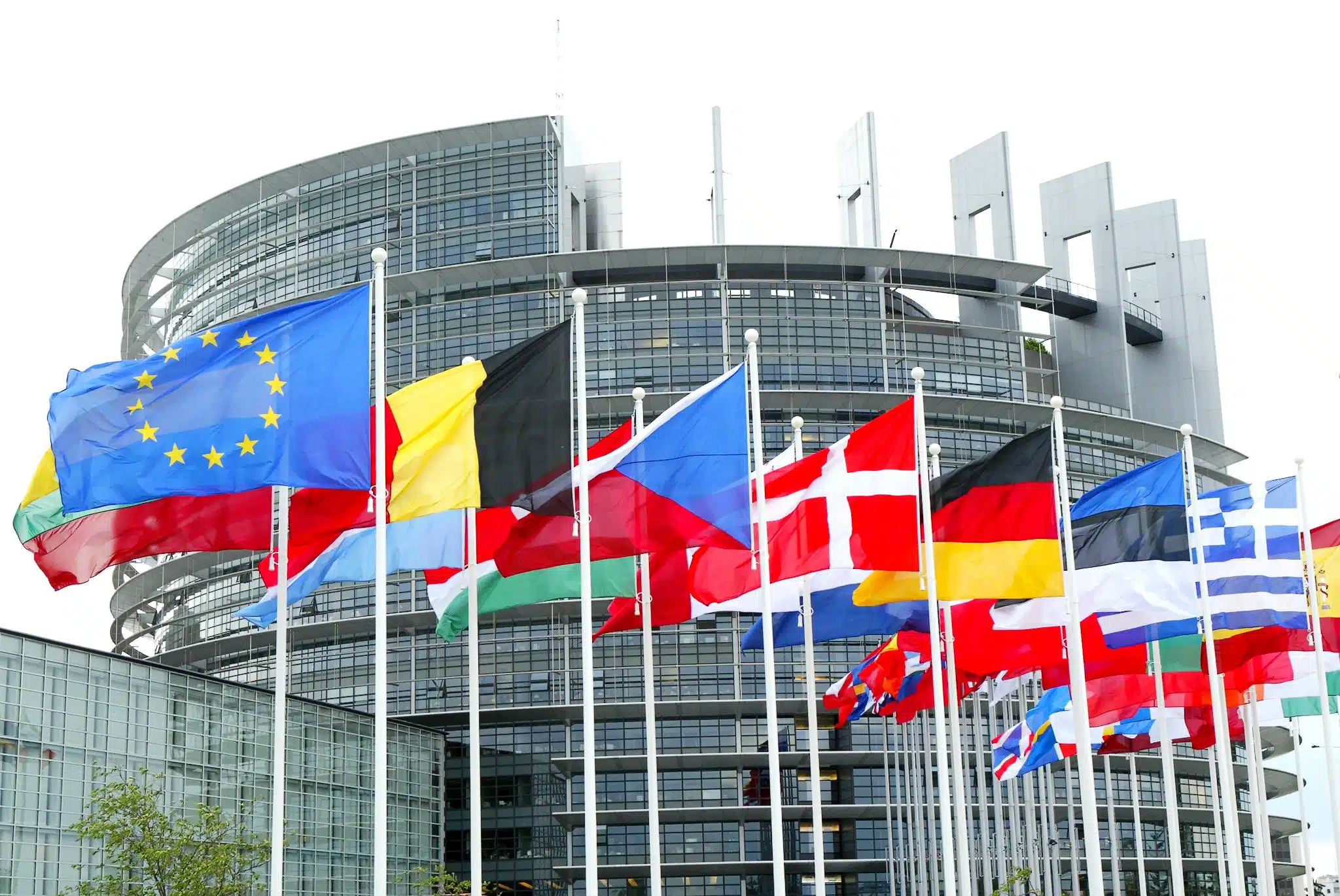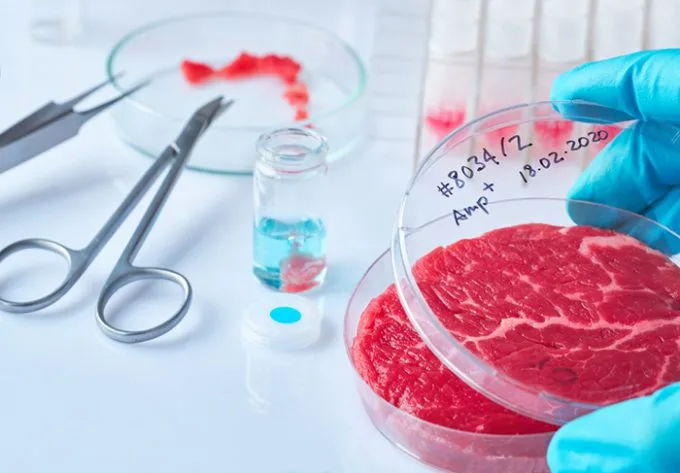Ciolos retreats on the proposal of labeled olive oil bottles after countries in the north protest. Now not only olive oil producers but also consumers and restaurateurs will be consulted. De Castro (Socialists & Democrats): “The Commissioner was weak; he doesn’t protect the Mediterranean culture”
 The Commission tried and as they say, they did it with the best intentions: for the protection of olive oil consumers in all of Europe, he had proposed a ban on open cruets in restaurants. This happened only a week ago but in the last few days the media pressure, mostly German, was strong enough to convince Brussels to make an unexpected about face.
The Commission tried and as they say, they did it with the best intentions: for the protection of olive oil consumers in all of Europe, he had proposed a ban on open cruets in restaurants. This happened only a week ago but in the last few days the media pressure, mostly German, was strong enough to convince Brussels to make an unexpected about face.
“The objective of the proposal was to inform and protect consumers” said Dacian Ciolos, the Commissioner for Agriculture but the press from a few Nordic countries, the same ones that were against the directive, did not hold back, forcing Brussels, by admission of the Commissioner himself, to withdraw the proposal.
The problem of hygiene and fraud however persists and Ciolos doesn’t give up: he is ready to present a new initiative. This time though, by first listening to all sides, not just producers as he had done in the past. The Commission already announced the meeting which will take place next week where he will invite representatives from restaurants and consumers “to find a better solution together.” It has been more than a year since Brussels has been carrying on discussions with the olive oil sector to create a regulation capable of guaranteeing citizens a quality product. This is how they decided on a proposal for a law to place a label on the olive oil to enforce restaurateurs to serve only labeled and sealed bottles at the table, not reusable ones.
Last week the 27 European Union countries voted on the “ban of cruets” and with 15 states in favor reached a simple majority without however having the qualified one as necessary. The German press, first of them all the Sueddeutsche Zeitung, highlighted in the last few days, the possible environmental impact of the proposal and other doubts that the directive instigated in public opinion. The 27, as often occurs in the EU, were divided in the typical blocks of north against south. In this case, the 2 sides correspond respectively to countries of consumers and those of producers: Italy, first in Europe in the production of extra-virgin olive oil, is included among the latter. If those who produce strive to defend the high quality of oil, there are also those who have an interest in maintaining the status quo and perhaps, take advantage of the misinformation of who sits at the table.
With this step back Brussels, declared Paolo de Castro, Chair of the Parliamentary Committee on Agriculture and Rural Development, demonstrated that it is up to Parliament to speak up to defend European consumers. The European Parliamentarian denounces “this is yet another case in which we record a decline of the European Institution in front of a split, with a north who trivializes all that is quality, at least regarding Mediterranean standards, in a deviation that leans toward making food generic.” For De Castro the situation is “serious,”Ciolos was “weak” and the facts show “that only the European Parliament can guarantee the protection and appreciation of Mediterranean culture.”
Camilla Tagino










